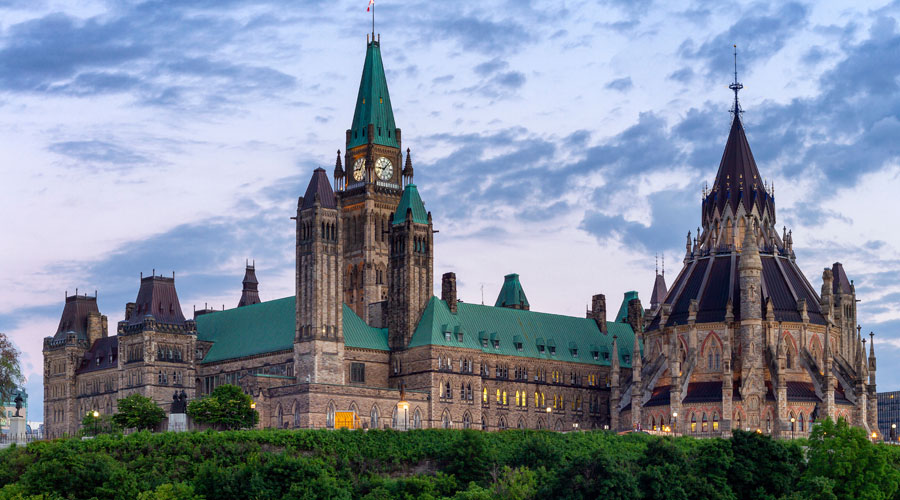
Main Takeaways From the Federal Budget 2024
On Tuesday, April 16, Finance Minister and Deputy Prime Minister Chrystia Freeland delivered her 2024 federal budget to the House of Commons. Entitled “Fairness for Every Generation,” the government’s budget seeks to build more homes, address living costs and bolster economic growth in ways that aid every generation.
Measures for Individuals
The announced federal budget measures that will impact individuals include the following:
- Creation of new homes—The government plans to build nearly 4 million homes by 2031 through several means, including turning unused federal offices into homes and rethinking national defence properties.
- Protection for renters—The introduction of the Canadian Renters’ Bill of Rights will help establish fair rents and protect tenants from steep rent hikes. It will also require landlords to share a property’s price history with potential tenants.
- Help for low–income individuals with disabilities—A new Canada Disability Benefit will aid low-income individuals with disabilities.
Measures for Students
The federal budget measures that will impact students include:
- Enhanced student finance—Existing student grants and interest-free loans will be extended. Additionally, how student housing costs are calculated under the Canada Student Financial Assistance Program will be updated to reflect the cost of housing today.
- Funding for work-integrated learning opportunities—More than $207 million in government funding will be allocated to the Student Work Placement Program to create job opportunities for post-secondary students and help employers discover new talent.
Measures for Businesses
The following are federal budget measures that will impact businesses:
- Increased capital gains tax—Capital gains of more than $250,000 will be taxed at 66.7%, up from 50%, effective June 25, 2024. However, a new Canadian Entrepreneurs’ Incentive will provide tax breaks for entrepreneurs selling their businesses, reducing the inclusion rate—the portion of capital gains on which tax is paid—to 33.3% on a lifetime maximum of $2 million.
- Accelerated capital cost allowance—Particular innovation-enabling or productivity-enhancing business investments, such as data network infrastructure and computers, will be eligible for immediate write-offs.
- Expanded tax credits—The government will introduce a new 10% electric vehicle (EV) supply chain investment tax credit to support the EV supply chain.
Measures for Small Businesses
Here are the federal budget measures that will impact small businesses:
- Increased lifetime capital gains exemption—Tax-free capital gains will increase from $1,016,836 to $1.25 million for qualifying small businesses and farming or fishing properties, effective June 25, 2024.
- Reimbursement of fuel charge proceeds—The government will return fuel charge proceeds from 2019-20 through 2023-24 to an estimated 600,000 small and medium-sized businesses under a new carbon rebate scheme.
Economic Forecast
Also detailed in the federal budget is the latest economic forecast. Canada has witnessed climbing interest rates over the past two years, but they appear to be stabilizing. Specifically, interest rates fell from the 8.1% peak in June 2022 to 2.8% in February 2024, and Canada avoided a much-expected recession. Furthermore, the economy grew 0.6% in January and 0.4% in February 2024.
Budget Summary
The measures announced by Freeland intend to support economic growth in ways that fit every generation. Although the economic forecast outlined within Freeland’s budget points to a more favourable position than seen previously, this could change in the future. As such, it’s prudent for both individuals and businesses to consider ways to increase resilience amid cost-of-living pressures and stay abreast of any regulatory changes that could occur.
Visit the government website to view the federal budget in full. For further guidance and risk management resources, contact us today.
